At only just eighteen, with my head full of dreams and the deer-in-the-headlight defiant innocence of an unworldly ingénue, I traveled alone for the first time – a passage to adulthood all the more memorable because of that. I saw in solitary travel a chance to become someone else, someone bolder and grander, or just someone, period, because I didn’t quite think I was someone yet. A trip abroad was an irresistible opportunity to start anew – or so it seemed, for how do you start anew, when your life has just begun?
London was the first stop. I got lost practicing going to the school where my summer course was to take place. I had the quizzical look of the disoriented tourist, my feet all blistered because of the ballet pumps rubbing my heels, and my helplessness and budding womanhood caught the attention of a much older man. Luckily, though his behavior was inappropriate, he had no intention to harm me. I stayed at an overcrowded place run by nuns, for financial rather than religious reasons: Some days my lunch was but a cereal bar.
Then, vertiginous, magnetic, ever-awake New York. My luggage got stuck in Rome and, on my first day of language school, I wore a tank top bought in a rush the night before and sweatpants from the plane.
Last destination of my year of travel: Berlin. The taxi driver dropped me in front of a closed door. The host family away, I waited, home in a suitcase, watching the driver speak on the phone. The soundproof glass and the distance prevented me from hearing a word, but his hand gestures and facial expression were saying, “What on Earth am I supposed to do with an unclaimed kid under my supervision?”
Since then, it feels I’ve come of age a few times more, embarking on kinds of hero’s journeys I’ve come out of a little different each time.
Years and years later, in 2016, I had to catch my return flight from Lisbon to Brussels. I didn’t know it’d been canceled, and I ran from one confused airport staff member to the next, until it became clear: I would not fly back that day. My phone seeming to have a mind of its own, I used the airport payphone which was, as it turned out, defective. I put coins and coins in it until no coin was left.
I had no choice other than to buy a new air ticket, but the earliest flight was in the morning of the following day. It was a business trip, and the prospect of going back to the hotel and bumping into colleagues who’d decided to stay an extra night appeared too embarrassing. Also, I didn’t want to miss the early morning flight. So, I spent the evening and the night at the airport.
After meandering around the closed shops and alluring ads for some time, I found a place beside a man who ended up snoring terribly and taking up space for both of us: At some point he let his arm drop and his hand was in my face. I moved someplace else, but all the seats were taken. I kept going and found two seats hard as stone in a dark, vacated café, but couldn’t sleep.
I thought this is a minuscule glimpse of what Mehran Karimi Nasseri, who lived in Charles de Gaulle Airport for 18 years, must have experienced. I wondered what it was like for him, as well as for other airport dwellers, to be in transit for so long. I thought homelessness must be like this, only infinitely worse: You try to get some sleep anywhere you can, while keeping an eye on your belongings; you sit on the ground in front of a closed shop; you brush your teeth in public restrooms; you feel self-conscious about your sweat, your not being as presentable as you’d like; you wander in the hope of finding a cozier spot.
Fast-forward to 2018. I flew to Edinburgh for a one-day course on therapeutic storytelling. The itinerary I’d searched for before my departure happened not to match the reality, locals sent me here and there, the last bus I almost didn’t get on I eventually found by chance, then I missed my stop and had to walk many kilometers. I arrived at Cambridge House past 1 a.m., way past the curfew. The host answered the door, groggy yet forgiving.
Despite the roads not taken, the unstoppable buses, the missed stops, my bad navigational skills, in retrospect I realize the full measure of my luck. Every time, I could rely on kindnesses (the people helping with directions; the warm, friendly driver coming back hours after the scheduled appointment to fetch me from JFK Airport; my Bronx-based host doing late-night shopping with me so I could start language school with fresh clothes; the cleaning lady by the payphone with her face contorting itself into a heartfelt apology… – benevolent strangers alleviating the weight of personal tragedies in one way or another). Every time, what too enabled a narrow escape was sheer luck, a divine providence perhaps (enough money on my reloadable card, a seat left on the early morning plane, and so forth). Every time indeed, something saved me, and kept me hopeful: the thought of somebody waiting for me across the ocean, across foreign lands; a loving family to return to; a place where the ship I’d been clumsily learning to sail would, eventually, gladly, drop anchor.
I don’t mean every cloud has a silver lining, not exactly. I’ve recently listened to an On Being interview with Jane Hirshfield on “The Fullness of Things” in which she says that every inch of Earth is soaked in joy, beauty, and radiance, as well as in suffering. While it’s important not to lose sight of the positives, I think it’s equally important to acknowledge sorrow.
Perhaps more should be said about the sadness and the twinge of fear a good many of us feel when leaving home, about the luxury of having a home, and about the marriage of darkness and light. “I am rooted but I flow,” writes Virginia Woolf in The Waves. It’s not a reference to travel, but I love the image of roots: If home were the roots of a tree and its solid ground, wanderlust would be the tree’s wing-like branches going in various directions. I get itchy feet from time to time. Still, I have a strong attachment to my home. That’s why, as an antidote to homesickness, I hold onto some rituals to keep home near while abroad, and my travel essentials include: a photograph of my late dad in my wallet; a soft, sweet-scented, shawl; a homemade Tupperware meal to devour after all the security checks; a notebook to confide in; a saved audio message to relisten to amid the station or airport bustle, to hear the comforting sound of a familiar voice.
Then again, a lot of us sing the praises of personal odysseys and nurture tender remembrances of past trips for a reason. In his essay “Love of Life”, Camus suggests fear is precisely what gives value to travel:
what gives value to travel is fear. It breaks down a kind of inner structure we have. […] Far from our own people, our own language, stripped of all our props, deprived of our masks […], we are completely on the surface of ourselves. But also, soul-sick, we restore to every being and every object its miraculous value. – Albert Camus, “Love of Life”
It begins with a call to adventure driving us to put on our backpacks and hit the road. This big adventure holds other adventures. Helpers along the way give us a hand in overcoming many a hurdle. We lose things. We lose words, that might fail us as we try to explain things in a language not our own or because we’re overwhelmed with stimuli, with panic. We get lost in a literal sense and in a sense that mirrors life. We go through little inner transformations within a rather short space of time, and life as we know it becomes a thing of the past. There is, however, something to be gained through loss. Travel can help open our mind to unthought-of possibilities and change our perspective on life. It can be a means of finding our way back – to what and whom we hold dear and to ourselves – by first losing our way.
No matter how seasoned a lone traveler one may be, there’s always a sense of unpreparedness, I’d argue, and a sense of wide-eyed wonder: Everything is new and thrilling and felt with heightened sensitivity. Both fired-up and scared, we travel to a place yet-to-be-known and gain deeper knowledge of ourselves in the process: We learn more about how we tend to handle challenging situations; we draw on resources we didn’t know we had; we feel lonely and, at the same time, closer to our fellow human beings we share a world with. Disillusionment is part of the experience, but the beauty we discover in unlikely corners balance it out somehow. At the end, we go back home, often with lost-and-found items but also with new-found as well as lost-and-found-again pieces of ourselves.
— In her piece “切ない (Setsunai): When You Need a Word to Hold Both Sorrow and Joy,” Nina Coomes beautifully explains the feeling of carrying joy and sorrow all at once.
I also absolutely love Hope Whitmore’s Guardian article “Why I’d like to be … Scarlett Johansson in Lost in Translation.” —
—
Please feel welcome to share your thoughts on travel and tell us about your travel mishaps in the comment section below

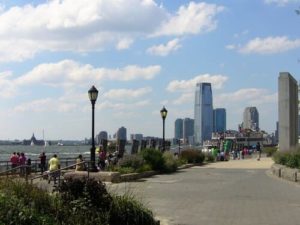
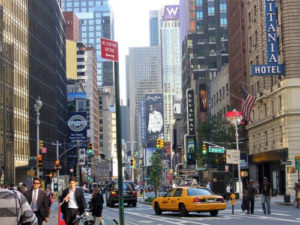


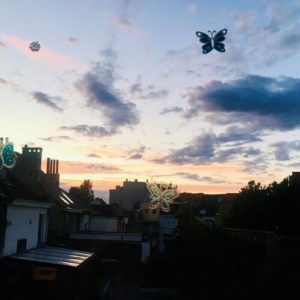
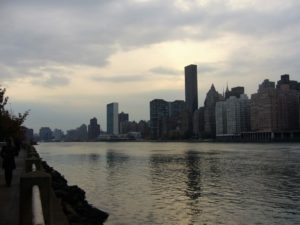
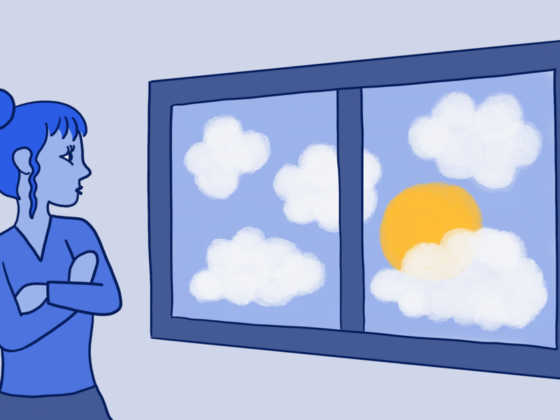

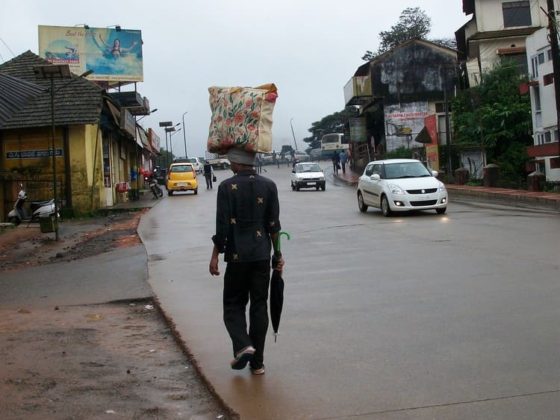
I love your writing, Surya. And I recognize your “mishaps” – and they aren’t really mishaps but explorations and discoveries 🙂